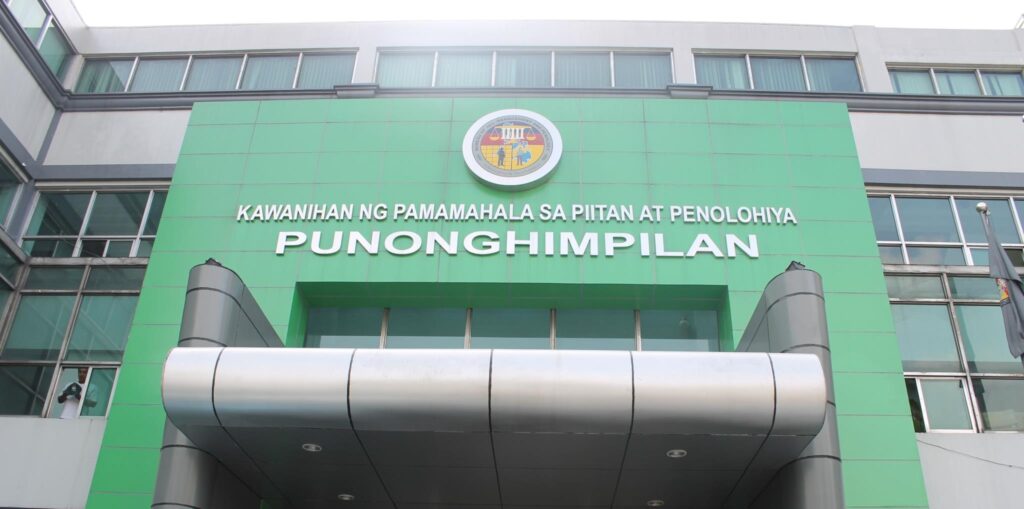📷San Pedro St., Davao City
Davao City has already surpassed Metro Manila as the most congested city in the Philippines, according to latest TomTom Traffic Index, a Dutch location technology specialist.
Data from TomTom Traffic Index showed that Davao City ranked the eighth-most congested city in the world out of 500 cities while Metro Manila placed 14th globally.
The same data showed that commuters and motorists in Davao City spend an average of 33 minutes to travel just 10 kilometers, making the worst congestion performance in Southeast Asia.
In contrast, Manila placed 14th globally, with slightly faster travel times of 32 minutes.
By comparison, driving the same distance only takes 8 minutes and 36 seconds in Thousand Oaks in California that boasts one of the quickest average travel times.
Barranquilla in Colombia emerged as the top most congested city in the world in 2024, where motorists spend an average of 36 minutes and 10 seconds to travel 10 kilometers.
Kolkata in India also has emerged as the second most congested city in 2024. Drivers in Kolkata needed an average of 34 minutes and 33 seconds to cover a distance of 10 kilometers last year.
Bengaluru in India also followed third, with an average travel time of 34 minutes and 10 seconds for the same distance.
For each city, TomTom calculated the average total travel time for a commuter covering a standard 6-mile route twice daily during morning and evening peak hours, along with the total time lost to congestion throughout 2024.
As cities grow, traffic congestion is becoming a more urgent problem that requires immediate attention.
“The combination of population and economic growth is putting significant strain on our transportation networks,” said Ralf-Peter Schäfer, Vice President of Traffic at TomTom.
“Outdated infrastructure and inefficient road planning fail to keep pace with demand. Additionally, the surge in e-commerce has led to a rise in freight traffic, further complicating the situation. Without a shift towards more regulation and sustainable transportation options, we risk worsening congestion that impacts everyone in our cities,” Schäfer added. (TCSP)




